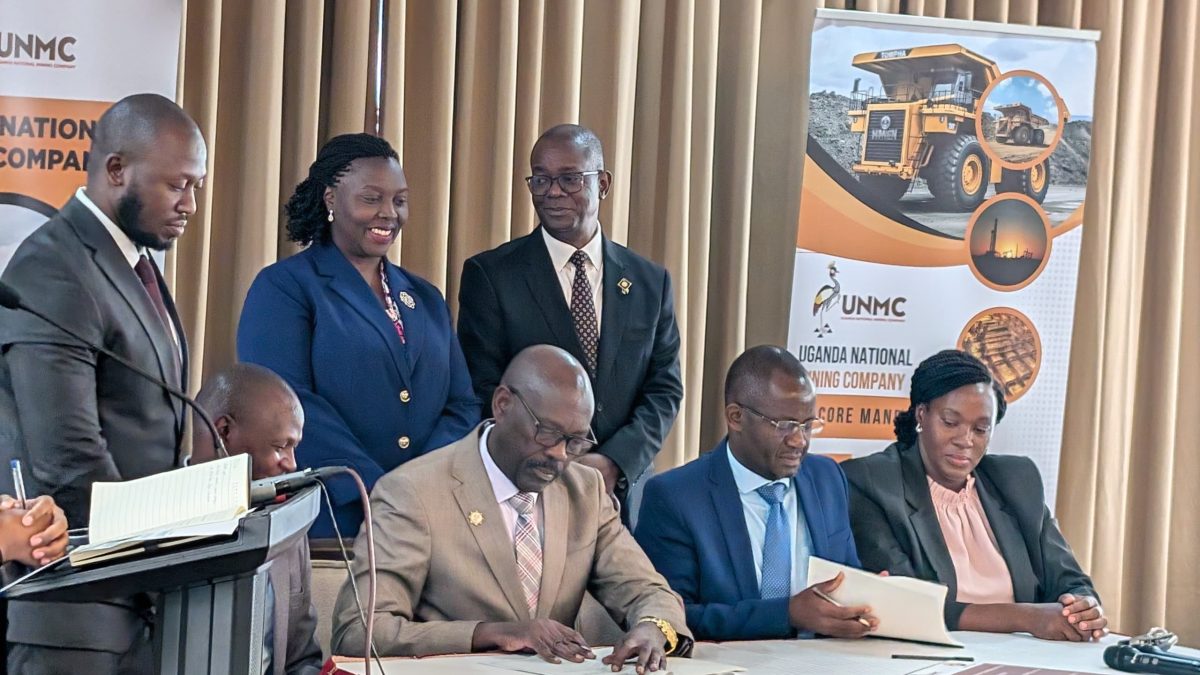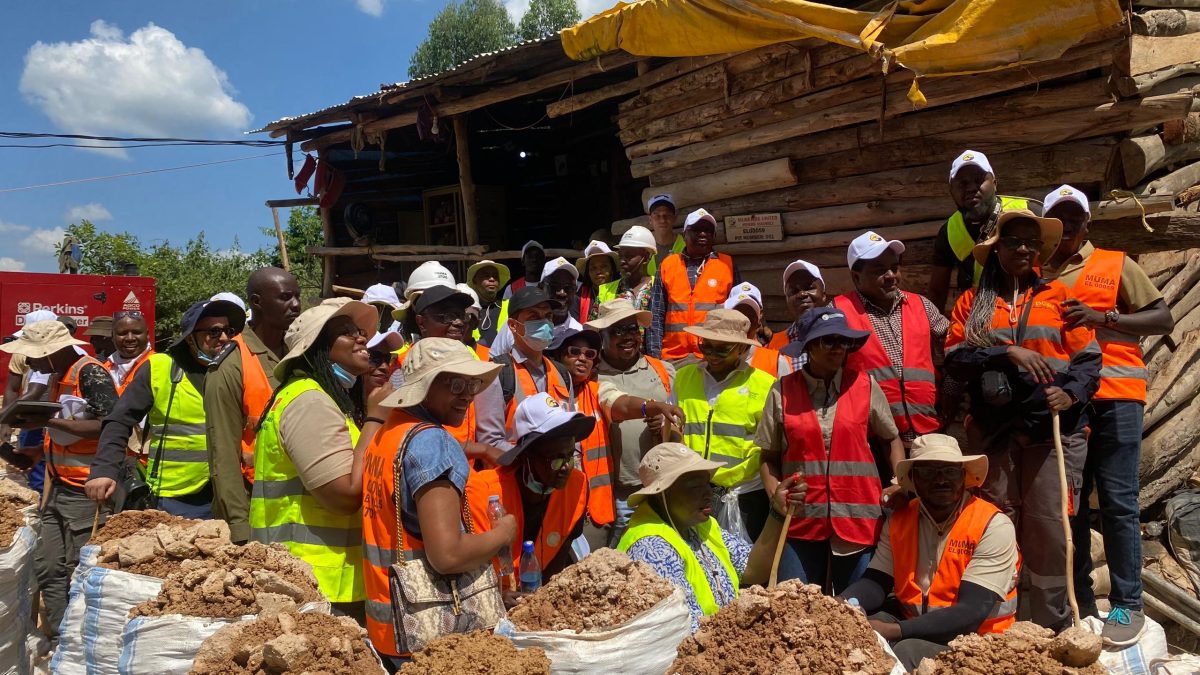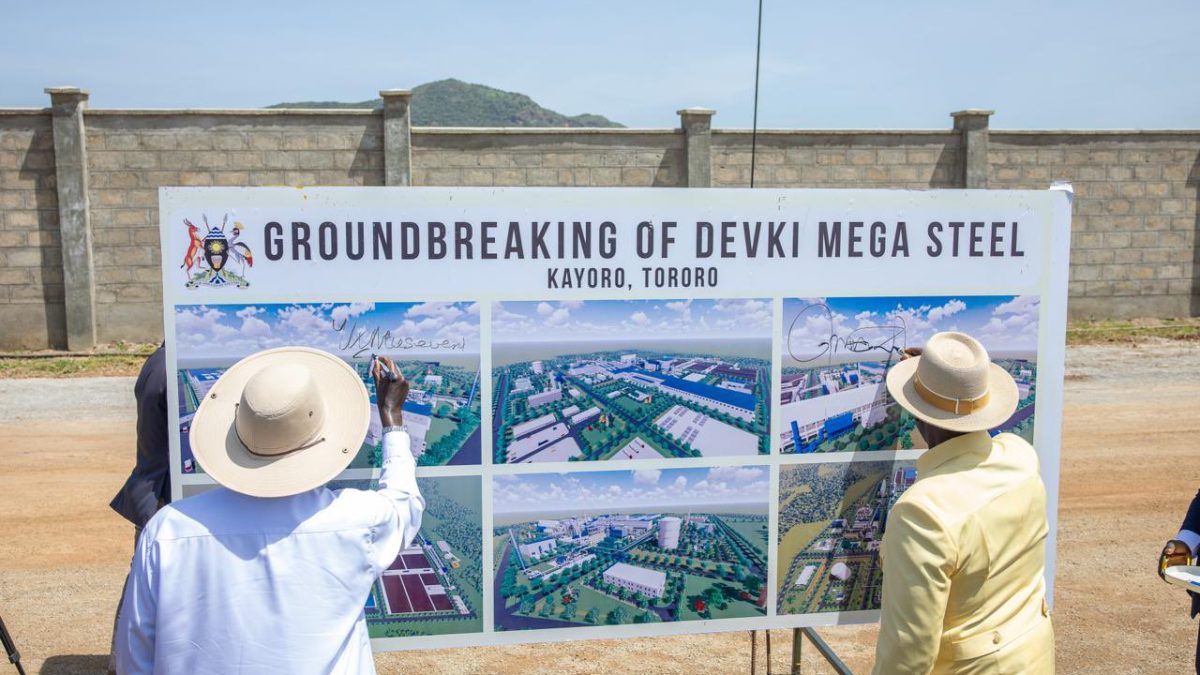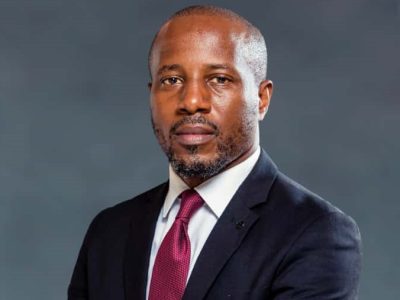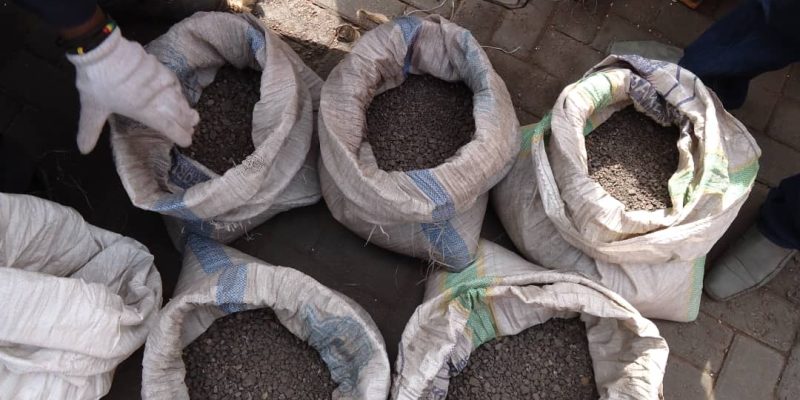
Allan Agumya, the chairperson of the Miners’ Forum, Uganda, has called for the lifting of Uganda’s export ban on raw materials to allow the inflow of investment capital in the exploration of tungsten.
Uganda has prospective mines such as the Kirwa in Kisoro district, in the south western part of the country, which, if supported, can turn out to be world class, he says.
“Kirwa Wolfram Mine with its extensive stockwork geological structure and high-grade ores of up to 75% WO₃ is ideally suited for large-scale mechanized extraction,” Agumya, a mining consultant with over ten years in the industry, writes in a paper titled Uganda: A Sleeping Tungsten Titan.
[Wolfram and Tungsten are two words used interchangeably to mean the same mineral.]
A large part of Uganda’s mining sector remains dormant due to an export ban that the country instituted nearly 10 years ago to promote value addition through the production of processed minerals.
Government, with President Yoweri Museveni as chief campaigner for the export ban, argues that Africa gets a raw deal on the international market due to the export of raw ore.
It believes African minerals would fetch premium prices if they were refined.
Agumya, whose Miners’ Forum lobbies for the interests of small-scale miners, says the ban is instead regressive, and has locked out investors from the industry.
“It has been over seven years since the implementation of Uganda’s mineral export ban took effect. However, no significant local or international investment has been made in the sector since then,” he notes in the paper. “Instead of stimulating in-country value addition, the ban has introduced several structural and socio-economic challenges.”
And it appears government did not clearly think through the challenges that miners face before putting in place the export ban.
For example, “Some Kisoro mines contain elevated lead content while Bahati ores contains elevated arsenopyrite content. Buyaga and some Kanungu deposits show high manganese and molybdenum content,” writes Agumya.
He further explains that “These impurities complicate chemical processing, especially at small scale. Small-scale refineries lack the advanced purification systems or automation necessary to handle such variability efficiently.”
Instead of supporting such small-scale refining with government subsidies, what the export ban has encouraged is the smuggling of tungsten across the border into neighbouring countries, where the ore is ultimately shipped out to Europe and elsewhere.
Agumya says it is important that Uganda rescinds the ban and takes advantage of the current global shifts where China, the largest producer of tungsten, is experiencing a drop in reserves and is becoming a net importer of the mineral. China has also introduced export quotas for tungsten.

Agumya
Tungsten is used in aerospace engineering and military defence systems.
The escalation of tensions in places like the Middle East and Eastern Europe could trigger demand for minerals such as tungsten.
Also, the tariff wars between US President Donald Trump and China over the Asian powerhouse’s minerals means there are opportunities for outsiders to make some money.
The tungsten total global revenue is expected to raise at a compound annual growth rate (CAGR) of 8% through to 2032 to reach nearly $9.49 billion in value.
Agumya says Uganda’s known tungsten mines can collectively produce an estimated 26.4 tonnes per day of tungsten concentrates, with annual output estimated at 7,920 tonnes, bringing the country at least $200 million per year at current market prices.
Uganda’s government will have to make some concessions, though, according to Agumya.
Government, he advises, can allow licensed exports of high grade 60 – 70+% WO₃ concentrates as the sector recovers from years of loss.
This can create jobs, fetch the treasury tax revenue, and build the much-needed skill-set that is lacking in the industry.
He also proposes that government puts in place a traceability mechanism for the ores, and ensure that refining is done to the highest grade possible. Agumya also wants some tax incentives awarded to miners.
Industry stakeholders have always argued that Uganda lacks enough tungsten reserves to justify a plant to process the product beyond the current percentages; that is besides the high energy costs it would take.



